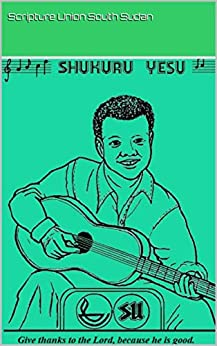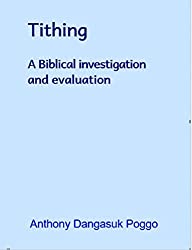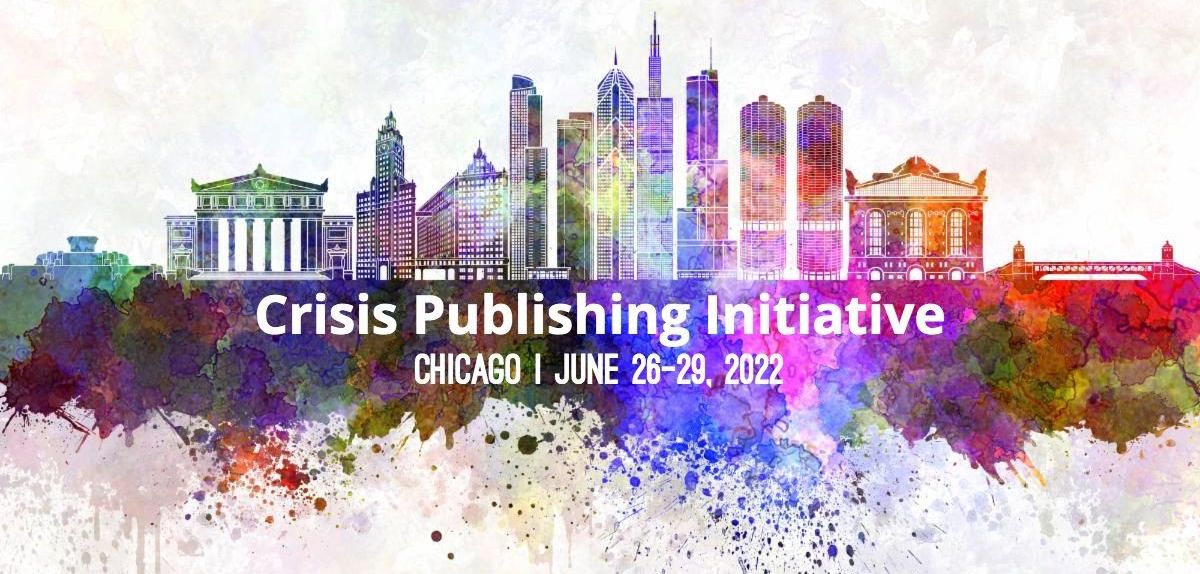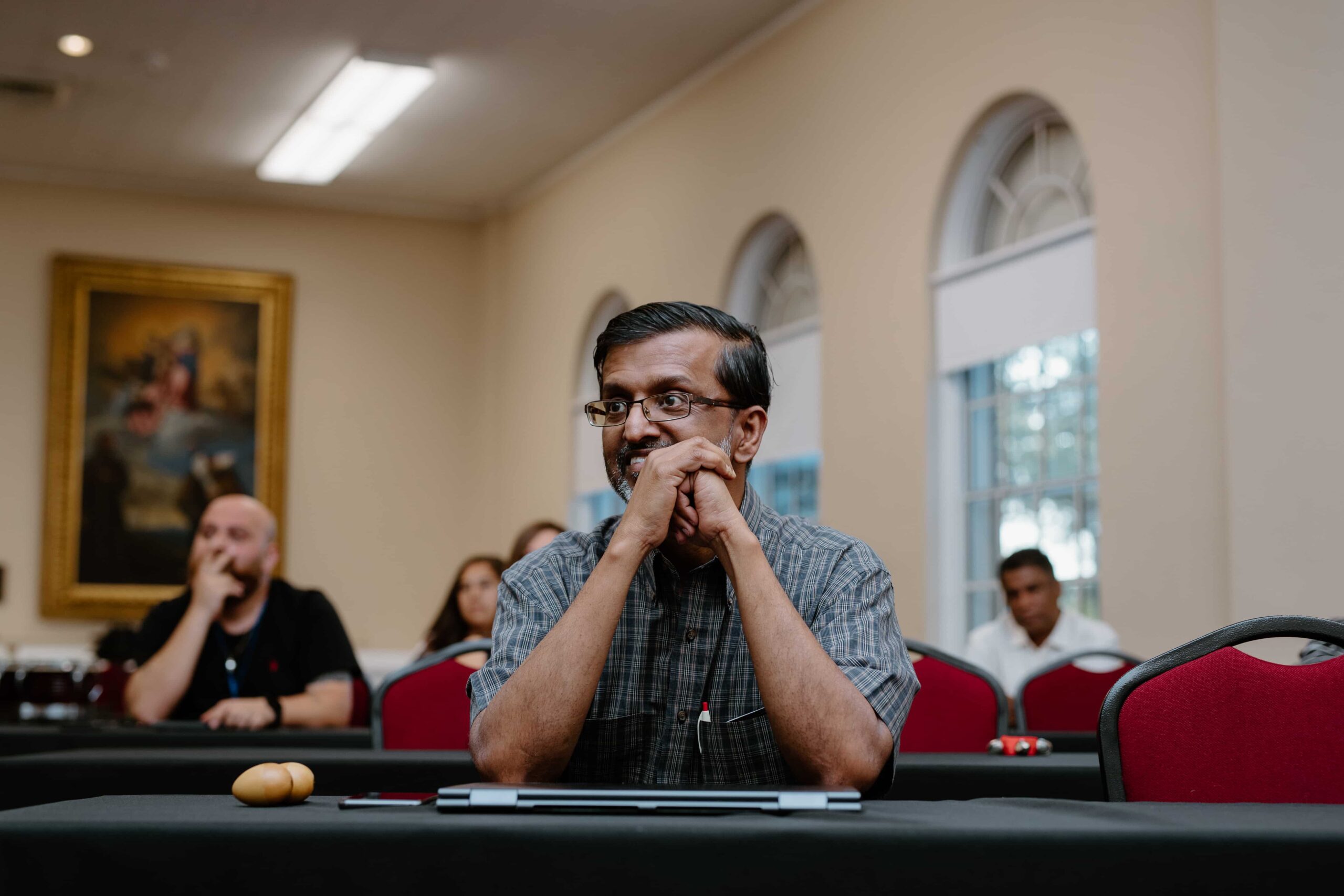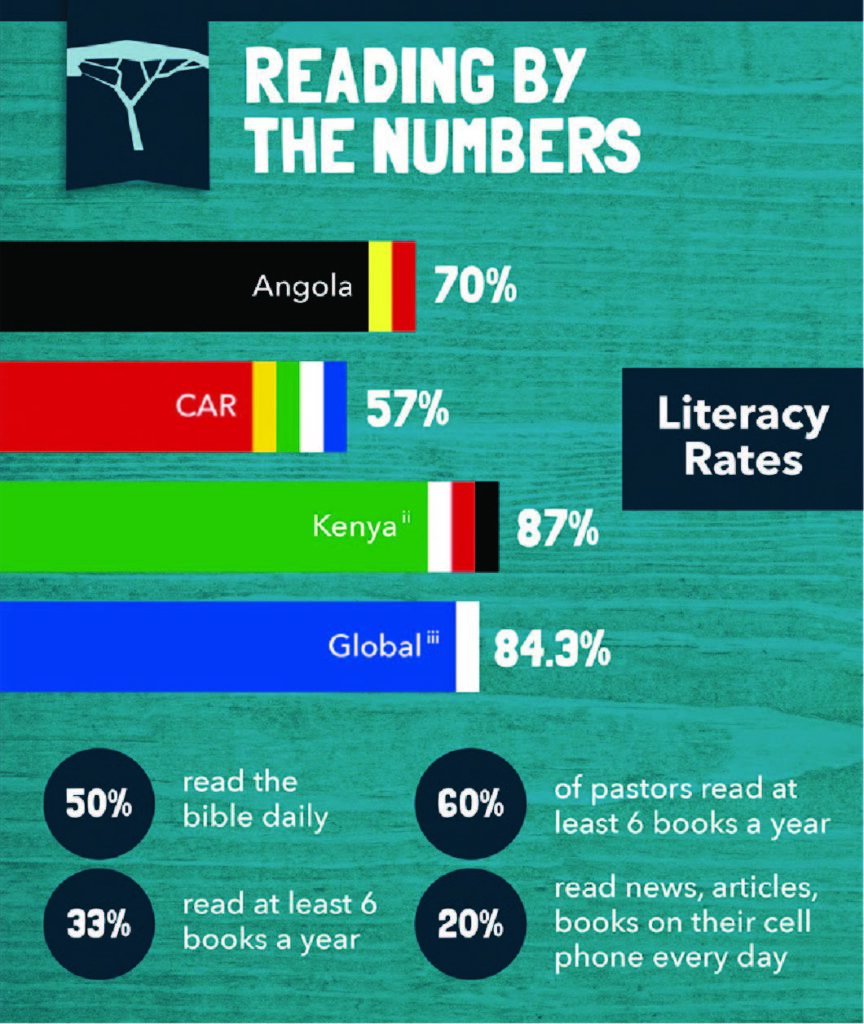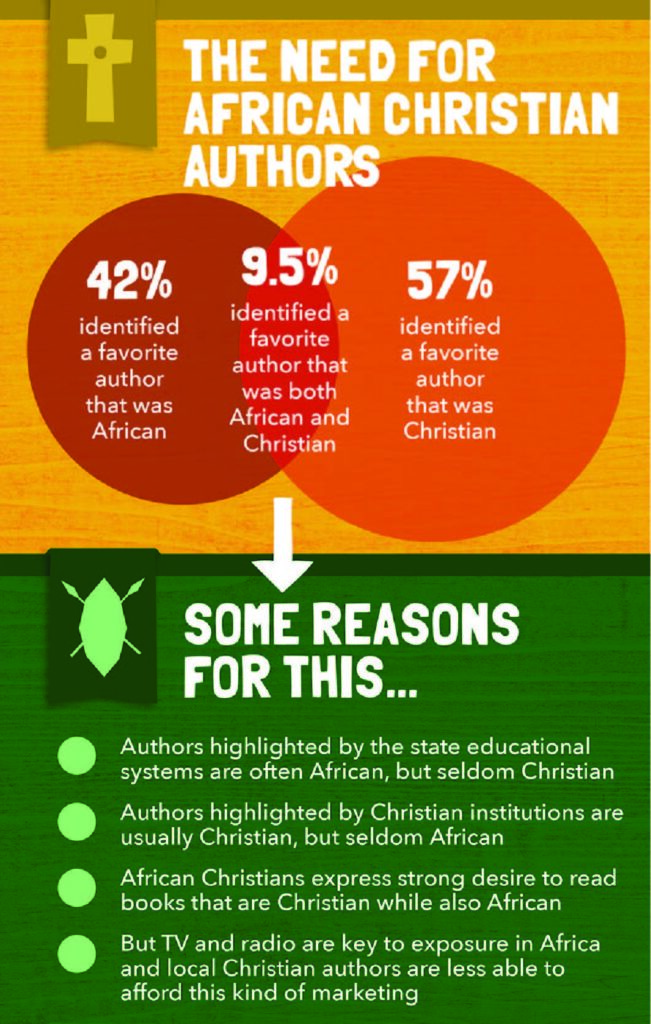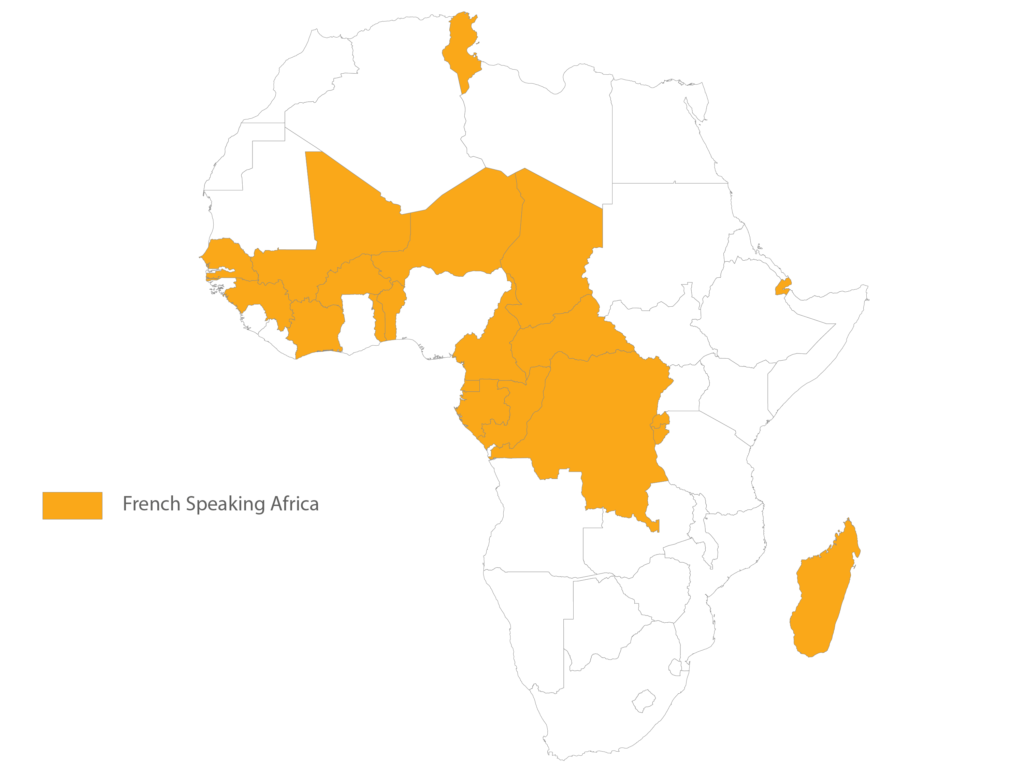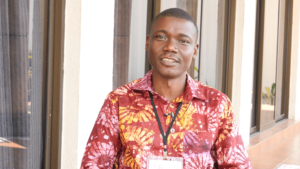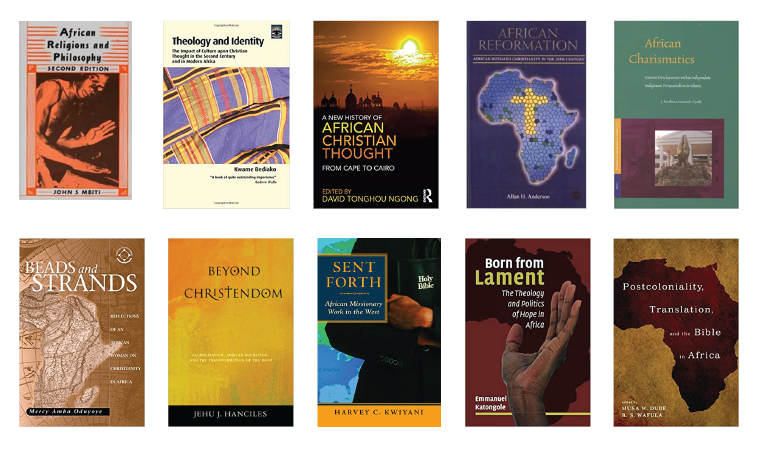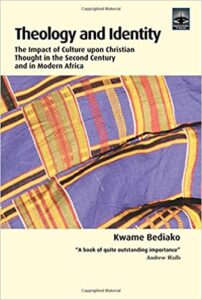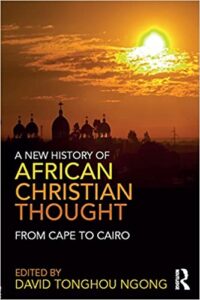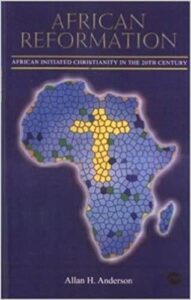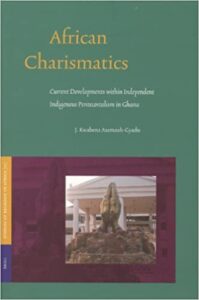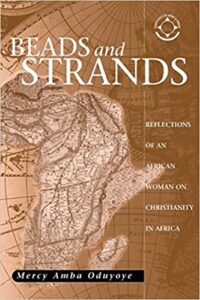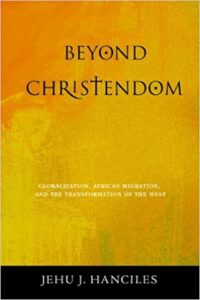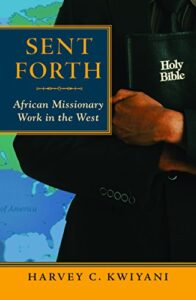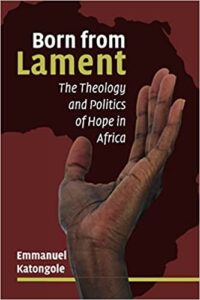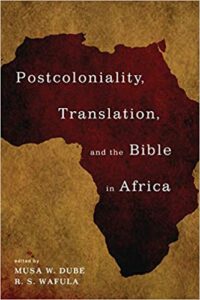A Rich History and Strong Foundation
Africa is a continent with a rich history of centuries of varied cultures, people groups, natural wonders and resources, amazing art, and music. Throughout that long history storytellers, teachers, scholars, artists, and leaders have inspired and nurtured a hunger for learning and wisdom. Earliest recorded history includes events and documents from Africa. Their wisdom and knowledge are a rich resource; a unique African treasure that has impacted the world through the ages. The Africa Study Bible: God’s Word Through African Eyes (Published by Oasis) includes extensive information and a timeline on the History of Christianity in Africa. It is a unique resource that combines the clear and precise text of the New Living Translation – with 2600 study tools and notes written by 350 contributors from 50 African countries, reflecting unique African ideas and experiences. Thomas C. Oden, author of How Africa Shaped the Christian Mind: Rediscovering the African Seedbed of Western Christianity is a wonderful resource on this topic.
The contribution of Africa in global Christianity continues to shape the church around the world as this rich tradition lives on. Across Africa, men and women have stories to tell and wisdom to teach the Church and the wider culture. It is then necessary to have a robust publishing industry that assures these important African voices can be heard. Various publishing efforts are thriving, but the Christian publishing industry across the African continent as a whole faces many challenges.
Writers, editors, and publishing administrators have a vision to collaborate in nurturing and encouraging each other. After a gathering of African publishers in 2018 to evaluate and share information from their work, the group identified the realities and challenges. The objective data from the ALS research documented and confirmed their experiences. Collectively they crafted and signed The Africa Speaks Accord pledging to work together in determining strategies to overcome them. The implementation of the Africa Booksellers Survey will inform these efforts. More importantly, it will strengthen the Africa Speaks network.
Tyndale House Foundation (THF) has been part of this rich African tradition since its founding in 1963. In 1962 Dr. Kenneth N. Taylor wrote that he had visited 14 of the 28 new nations of Africa that had been formed. Such travels evidenced his deep interest in, and commitment to Africa. That interest and commitment was fertile ground for THF’s development of relationships with many organizations and individuals with a heart for Africa.
The Foundation’s experience over the years affirmed that its investments in Africa were wisely managed by the recipients and were strategically important. However, they recognized weaknesses in their understanding of contemporary Africa. They wanted to learn about initiatives and opportunities that might better suit current circumstances. Most of the organizations with which the Foundation had worked across a wide variety of fields had Western rather than African roots. This prompted them to seek to understand the dynamics of leadership formation, to better understand what literature was available in Africa, who had written it, how it was distributed, and what role it played in leadership development. They also wanted to learn more about what was happening in the French and Portuguese speaking countries and cultures. Most importantly, they suspected that ministries with African roots could better understand the cultural context, define programs, and address priority needs in Africa. The study would better inform strategic investments in efforts that would have contextual impact.
In 2008 THF planted the seeds that grew into the Africa Leadership Study.
The Right Reverend Dr. Joseph Garang Atem Zorial from South Sudan, once said, “Your support provides a base for us to work together to make a space for God to act.” What an elegant description of the interaction between vision, hard work, and provision. It highlights the dynamic impact that unity in relationships, the hallmark of Christian community, can have. When everyone involved works together in unity, this makes space for the Holy Spirit. This was the context for THF’s decades-long research and development project.
“Your support provides a base for us to work together to make a space for God to act.”
Reading and Leading
Christians have often been at the forefront of mass literacy. Protestants, in particular, have emphasized the need for everyone to read the Bible and interpret it competently. Wherever these Christians have been influential, this value has had a positive influence on education, literacy rates, the publication of reading materials, and reading itself. And yet, the reading habits of Christians around the world have not often been researched and studied. In the book recently published to detail, document and share this study of African leadership, African Christian Leadership: Realities, Opportunities, and Impact, the tenth chapter was devoted to the topic of reading and leading. Entitled Reading and Leading – Challenges for African Christian Leaders, this chapter was included to initiate a first step toward researching and analyzing these habits and examining how understanding these habits might be helpful to those involved in writing, publishing, and distributing Christian materials today.
An understanding of reading habits, availability of literature and authors is essential in assessing leadership development. The survey included several questions regarding these topics.
- Availability of Bibles and frequency of use
- Computer, tablet, cell phone, internet access and use
- Number of books read in a year
- Availability and purchase of books, newspapers, magazines from bookshops or vendors
- Availability of materials in digital format
- Favorite authors
Researchers also visited bookshops and street vendors in all three countries, talking to owners and reviewing available materials.
The raw data and the findings regarding Reading and Leading are available in the ALS materials. Africa Speaks recently reviewed this research in an article entitled Popular Fallacy About Africa Debunked by The Africa Leadership Study. Insight numbers 14 through 17 in 17 Insights into Leadership in Africa specifically focus on reading. The printable PDF of the booklet is available in English, French, and Portuguese.
What Did the Research Reveal?
- The Bible as the Word of God is important in the lives of African Christians. It plays a central role in outreach, leadership development, discipleship, and preaching. Fifty five percent of survey respondents read their Bible daily.
- There is a strong need for local Christian authors. The individuals identified as having a significant impact on the lives of those who responded to the survey were not listed as favorite authors: because they are not in print! They have a story to tell. They understand their local context. But for many different reasons they often haven’t invested in writing and don’t have a way to distribute what they might write.
- The need for local Christian authors is especially the case in Francophone and Lusophone Africa where it can be more difficult to acquire knowledge about leadership realities because most materials available are in English.
The Call
Africa Speaks is seeking to nurture a collaborative network of people and organizations committed to encouraging influential leaders to tell their stories. This would serve as an example and encouragement for voices across Africa to tell their stories and speak their wisdom in ways that fit their communities. These efforts are based on sound, contemporary research, done by Africans in Africa, that has identified realities related to reading, authorship, and publishing. Other effective resources for achieving this network are the experience, insight and lessons learned from long term efforts of publishers across the continent who have a vision of a flourishing publishing industry.
Africa Booksellers Survey (ABS 2022) comes hot on the heels of the Africa Leadership Study with an in-depth study of the publishing in 19 countries. The process and the first findings of this survey will be presented in more depth in the article devoted exclusively to the ABS.
